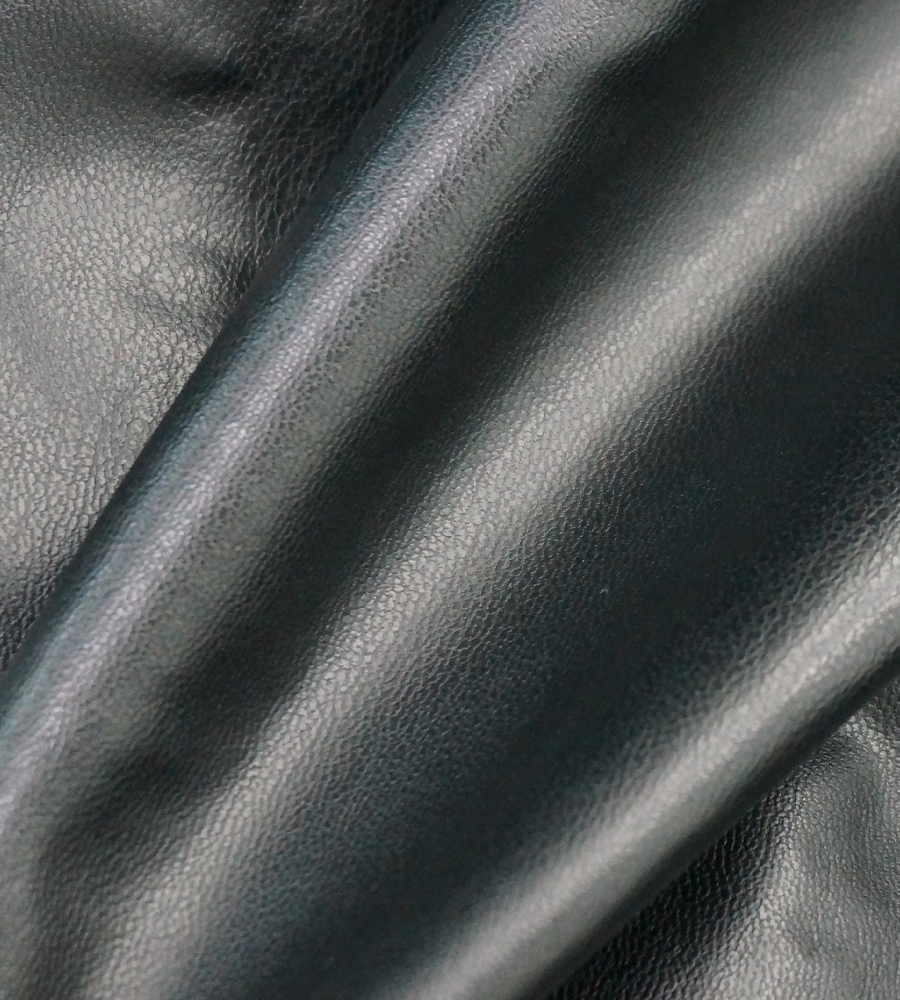
Synthetic Leather Gloss refers to a type of synthetic leather that has a glossy finish. This finish can be achieved through various methods, including the application of a glossy coating during the manufacturing process or by using a specific type of synthetic material that naturally has a shiny surface. Glossy synthetic leather is often used in products where a sleek and modern look is desired, such as in handbags, wallets, or even car interiors. The glossy finish can also make the material easier to clean and maintain, as it can resist smudges and fingerprints.
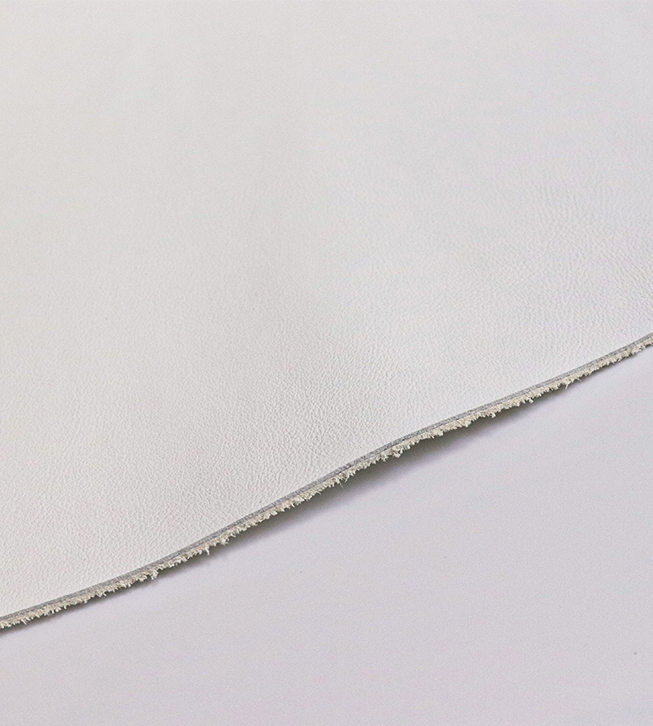
If you are a producer or business that needs to buy synthetic leather in large quantities, then stock lots might be the answer. These pre-packaged units of fake skin often come at cheaper rates thus making them suitable for mass production or even storing up materials for later use. One stock lot can include various textures, colors and finishes so that buyers can get exactly what they require. It saves companies cash by purchasing fake leathers like this in bulk while at the same time guaranteeing sustained delivery of highest-grade inputs necessary for their products’ consistency.
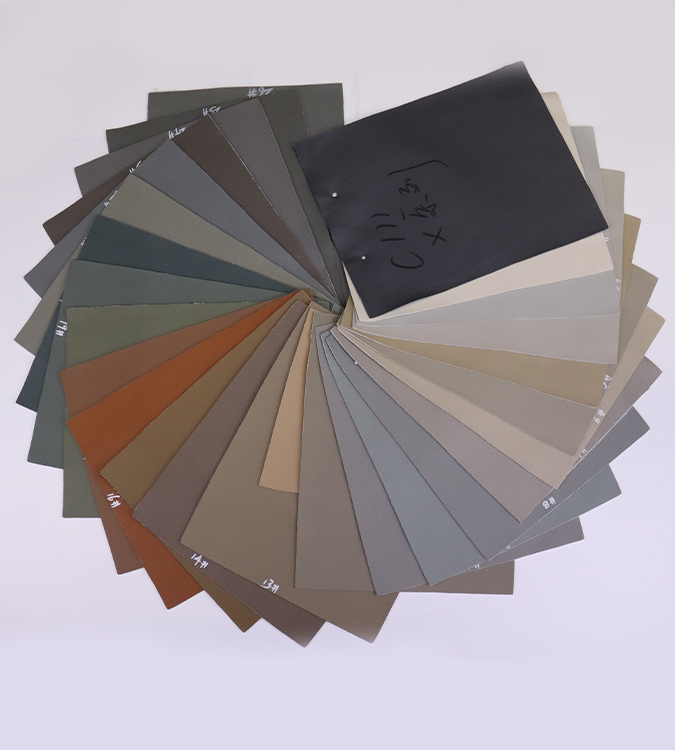
Any product that is covered with synthetic leather of red colours becomes eye-catching and lively. This striking color choice is suitable for people who want to express themselves through their clothes, furniture or car interiors. The artificial red leather can be either deep crimson or bright cherry in color thereby offering a range of shades that can match different tastes and design concepts. It is strong and needs easy maintenance hence a good option for high traffic areas or things requiring frequent cleaning. Whether used as an accent or the main fabric, it will always bring life into any room or outfit.
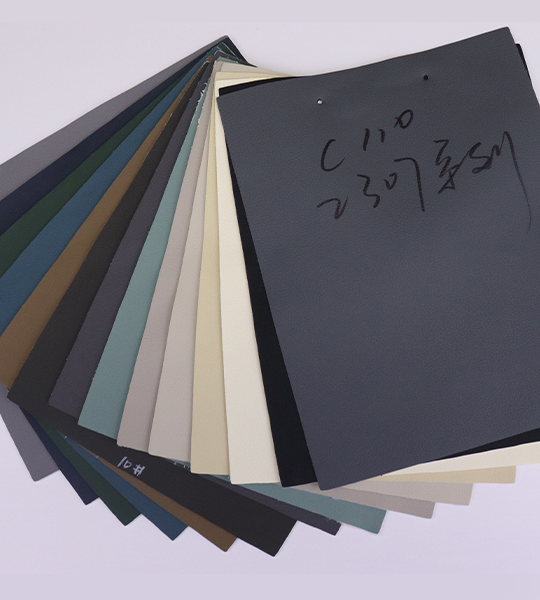
Anything topped in fake red leather will become attention-grabbing and full of life. This is a bold color choice that works well for individuals who want their clothing, furniture, or car interiors to be more expressive. The imitation red leathers can be either deep crimson or bright cherry — thus providing various shades which can fit different preferences and design ideas. It is durable and requires low care so it’s perfect for heavily used items or areas that need frequent cleaning. No matter if you use it as a decorative touch or the main material – it always brings liveliness into any room or ensemble.
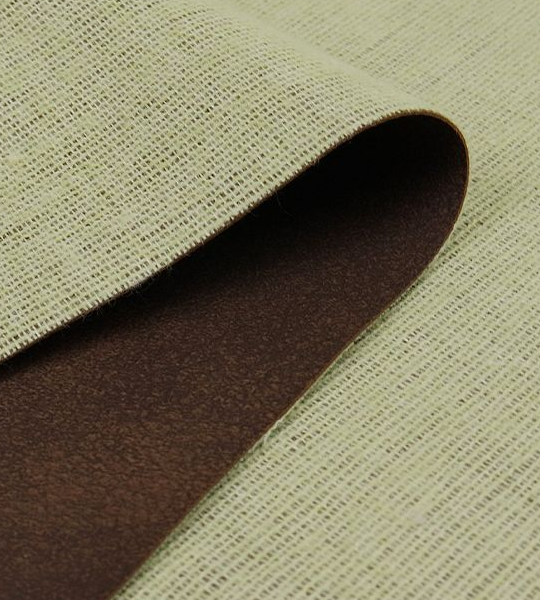
Conventional materials have been surpassed by auto clothette in the designing of car interiors because it is a combination of style and toughness. It is this new material that imitates microfiber’s softness and luxury with Artificial Leather’s strength and durability hence making it suitable for automotive seats as well as other interior trims. This wear resistance coupled with any weather resistance feature makes it ideal for automobiles where beauty must meet practicality. Different colours and textures provided by this fabric give automotive manufacturers an opportunity to create unique global appeal interiors in cars that cater for various tastes.

Our new project is part of an ongoing commitment to innovation, for offering ever more creations that add value to the world across our company’s offering, from true sustainability to fundamental ethical requirements. With a firm social conscience, we completely replace animal fur with Artificial Leather. Our leather is a material that mimics leather. It is created from artificial products instead of animal skins, therefore is cruelty-free. Furthermore, they are durable, resist scratches and are machine-washable. Good for animals, good for you. Our perfect service, quality products and competive price attract worldwide customer. If you can not find the products you want on our website, please do not hesitate to contact us. We will endeavor to develop for you. We are your sincere partner in China.
Reliable Quality You Can Trust BOZE products are made from high-quality materials and undergo strict quality control tests.
Favorable Price for Your Budget BOZE products are affordable and competitive, without compromising on quality and performance.
Experienced and Professional Workers BOZE workers have years of experience and expertise in producing and delivering the best products for you.
Patented Design for Your Style BOZE products have unique and innovative designs that are patented and exclusive to BOZE brand.
High Efficiency for Your Convenience BOZE products are easy to use and maintain, and can save you time and energy.
BOZE values your feedback and satisfaction, and provides excellent customer service and support.
Synthetic leather is a man-made material that is designed to replicate the look, feel, and properties of natural leather. It is often made from polyurethane (PU), polyvinyl chloride (PVC), or other synthetic polymers. Synthetic leather is a popular choice for a variety of applications because it is often more durable, cheaper, and easier to care for than natural leather.
There are many different types of synthetic leather available, each with its own unique properties. Some of the most common types of synthetic leather include:
PU leather: PU leather is the most common type of synthetic leather. It is made from polyurethane, a versatile polymer that can be used to create a wide variety of leathers with different properties. PU leather is often used in upholstery, footwear, and apparel.
PVC leather: PVC leather is another common type of synthetic leather. It is made from polyvinyl chloride, a strong and durable material that is often used in applications where leather needs to be able to withstand harsh conditions. PVC leather is often used in automotive interiors, marine applications, and industrial products.
Microfiber leather: Microfiber leather is a type of synthetic leather that is made from very fine fibers. These fibers can be made from a variety of materials, including nylon, polyester, and polyurethane. Microfiber leather is known for its soft, supple feel and its ability to mimic the look of natural leather very closely. Microfiber leather is often used in high-end apparel, footwear, and accessories.
There are many benefits to using synthetic leather over natural leather. Some of the most important benefits include:
Durability: Synthetic leather is often more durable than natural leather. It is less likely to crack, tear, or fade, and it can withstand more wear and tear.
Cost: Synthetic leather is typically less expensive than natural leather. This can be a major advantage for businesses that need to produce large quantities of leather products.
Ease of care: Synthetic leather is often easier to care for than natural leather. It can be cleaned with a mild soap and water solution, and it does not require any special conditioning or treatment.
Sustainability: Synthetic leather is a more sustainable option than natural leather. It does not require the use of animal products, and it can be made from recycled materials.
Versatility: Synthetic leather can be made in a wide variety of colors, textures, and finishes. This makes it a versatile material that can be used in a wide variety of applications.
